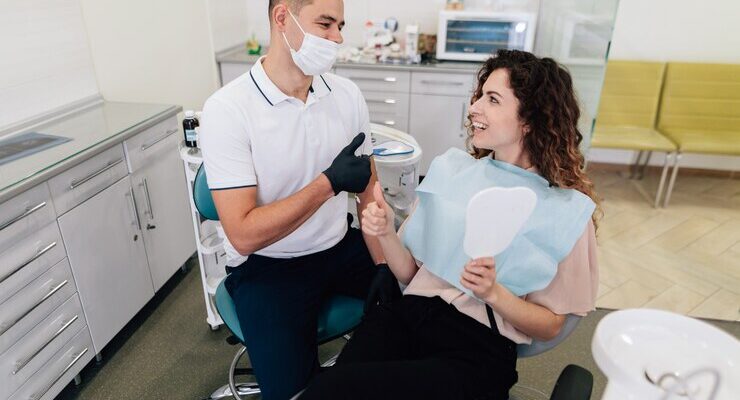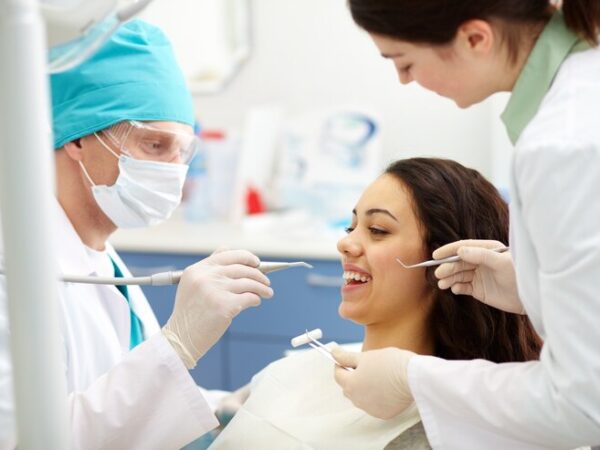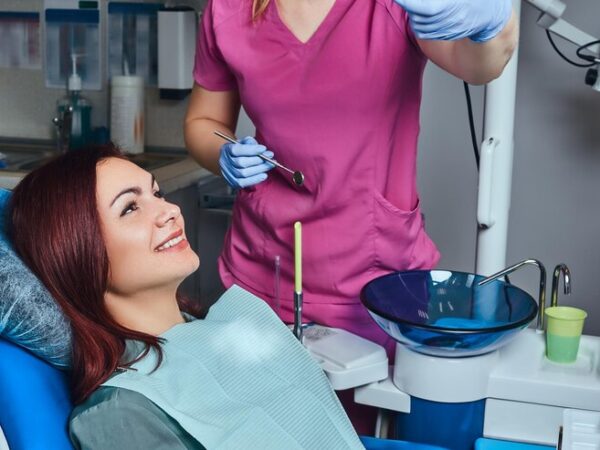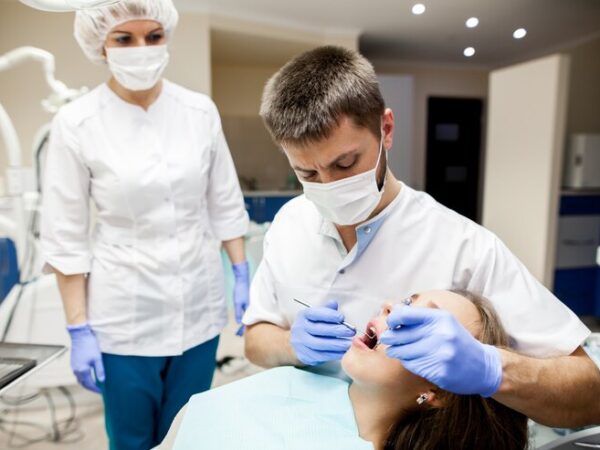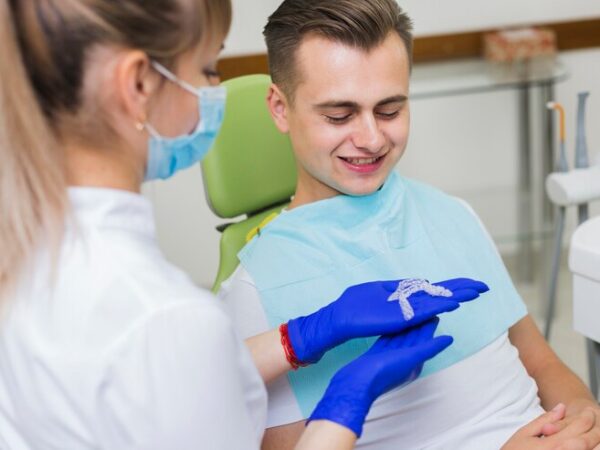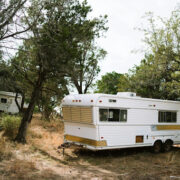Understanding Urgent Dental Care Needs
Common Dental Emergencies
Understanding the types of dental emergencies can help you react promptly and effectively. Toothaches are a common issue, often indicating underlying problems that require immediate attention. Dental trauma, such as a knocked-out tooth or a broken tooth, can be alarming and necessitate urgent care to save the tooth and prevent further damage.
- Toothaches
- Chipped or broken teeth
- Knocked-out teeth
- Lost fillings or crowns
- Abscesses or infections
For those considering long-term solutions for missing teeth, the best dental implants offer a durable and functional replacement. However, it’s crucial to address any immediate emergencies to ensure a healthy foundation for such procedures.
Remember, not all dental emergencies come with pain. Regular check-ups can help identify issues like silent infections or gum disease before they become severe.
When to Seek Immediate Dental Attention
Recognizing when to seek immediate dental attention can be the difference between saving or losing a tooth, and in some cases, it can be crucial for preventing more serious health issues. If you experience severe pain, bleeding that won’t stop, or a tooth that has been knocked out or is loose, these are clear signs that you need to see a dentist right away.
- Severe toothache or jaw pain
- Swelling in the mouth or facial area
- Signs of infection, such as fever and swelling
- Trauma to the mouth or teeth
- Lost fillings or crowns
- Broken or cracked teeth
It’s important to act quickly in a dental emergency. While waiting to see the dentist, try to remain calm and avoid any activities that could worsen the condition. Rinse your mouth with warm water and apply a cold compress to the affected area to reduce swelling and pain.
What to Do Before You Reach the Dentist
In the event of a dental emergency, taking the right steps before you reach the dentist can be crucial for your dental health. Stay calm and assess the situation carefully. If you have a knocked-out tooth, try to locate it and pick it up by the crown, not the root. Gently rinse it without scrubbing and attempt to reinsert it into the socket. If that’s not possible, keep it moist in milk or saliva.
- Rinse your mouth with warm water to clean the area.
- Apply a cold compress to the outside of your cheek to reduce swelling.
- If there is bleeding, use a piece of gauze to apply pressure to the area.
- For toothaches, gently use dental floss to remove any food caught between your teeth.
Remember, do not apply aspirin directly to the aching tooth or gums, as this may burn the gum tissue.
If you’re experiencing severe pain, have lost a tooth, or have a tooth that is loose or out of alignment, it’s important to see a dentist immediately. While waiting for your appointment, avoid eating hard or sticky foods and try to chew on the opposite side of your mouth.
Finding the Right Emergency Dentist in Huntington Beach
Criteria for Choosing an Emergency Dentist
When searching for an emergency dentist Huntington Beach, it’s crucial to consider several factors that will ensure you receive prompt and effective care. Accessibility and response time are paramount; you want a dentist who can see you quickly in an emergency situation.
- Location: Proximity to your home or workplace.
- Hours of Operation: Availability during evenings, weekends, or holidays.
- Services Offered: Ability to handle a wide range of dental emergencies.
- Experience and Qualifications: Dentist’s expertise in emergency dental care.
- Patient Reviews: Feedback from other patients about their emergency care experiences.
It’s essential to have a pre-established relationship with a dental office that offers emergency services. This can significantly reduce the time it takes to get the care you need in an urgent situation.
Remember, the goal is to find a reliable and skilled dentist who can provide immediate care and alleviate your dental pain with the least amount of stress.
Local Emergency Dental Clinics
When searching for an emergency dentist in Huntington Beach, it’s crucial to have a list of reliable clinics at hand. Huntington Beach offers a variety of dental clinics that provide urgent care services to address your immediate needs.
- Oceanfront Dental Care: Known for their prompt service and modern facilities.
- Surfside Smiles Emergency Dentistry: Offers extended hours for dental emergencies.
- Beachside Oral Health Clinic: Provides a calm environment for urgent dental treatments.
It’s important to choose a Huntington Beach dentist who can offer not just immediate relief but also comprehensive follow-up care. Ensure the clinic’s availability aligns with your needs, especially if you require after-hours or weekend services.
After-Hours Dental Services
When a dental emergency strikes outside of normal business hours, after-hours dental services in Huntington Beach can be a lifesaver. Finding a clinic that offers after-hours care ensures that you receive prompt treatment, reducing the risk of complications and alleviating pain more quickly.
Many dental clinics in Huntington Beach provide after-hours services, but their availability and the scope of services offered can vary. It’s important to have a list of potential clinics before an emergency occurs. Here’s a quick guide to help you identify after-hours dental services:
- Check the clinic’s website or call to confirm after-hours availability.
- Inquire about the types of dental emergencies they are equipped to handle.
- Ask about the expected wait times and if appointments are necessary.
- Determine if they accept your dental insurance or offer payment plans.
Remember, after-hours dental services are designed to address urgent needs that cannot wait until the next business day. They are not a substitute for regular dental care but are crucial in managing unexpected dental issues effectively.
Navigating Dental Insurance and Payment Options
Insurance Coverage for Dental Emergencies
Understanding your dental insurance coverage is crucial when facing a dental emergency. Most dental insurance plans offer some level of emergency care coverage, but the specifics can vary greatly from one policy to another. It’s important to know the details of your plan before you find yourself in need of urgent care.
- Deductibles: The amount you pay out-of-pocket before your insurance kicks in.
- Co-payments: Your share of the costs for a dental service.
- Co-insurance: The percentage of the costs covered by your insurance once the deductible is met.
- Annual maximums: The maximum amount your insurance will pay in a year.
Remember, some procedures may not be fully covered, and you could be responsible for the difference. Always check with your insurance provider to understand what is and isn’t covered under your plan.
In the event of an emergency, having this information readily available can expedite the process and reduce stress. Keep a copy of your insurance card and a summary of your benefits handy in case of urgent dental situations.
Understanding Out-of-Pocket Costs
When facing a dental emergency, understanding your out-of-pocket costs is crucial. Insurance may not cover all the expenses, and you’ll need to be prepared for the financial aspect of your treatment. Out-of-pocket costs can vary widely depending on the type of emergency, the treatment required, and the dentist’s fees.
It’s important to ask for a cost estimate before any procedure is done, so you can plan accordingly.
Here’s a simplified breakdown of potential out-of-pocket costs for common dental emergency procedures:
| Procedure | Estimated Cost Range |
| Tooth Extraction | $75 – $300 |
| Dental Crown | $500 – $2,500 |
| Root Canal | $300 – $2,000 |
| Filling | $50 – $300 |
Remember, these are just estimates and actual costs may vary. Additionally, some dentists offer a sliding scale fee based on your income, or payment plans to help manage the financial burden. Don’t hesitate to discuss these options with your dentist.
Payment Plans and Financial Assistance
Understanding the financial aspect of emergency dental care is crucial, especially when you’re facing unexpected expenses. Many dental clinics in Huntington Beach offer payment plans to help patients manage the cost of treatment. These plans often allow you to pay for your care over time, making it more affordable.
- Discuss payment plan options with your dentist before treatment.
- Inquire about low-interest or interest-free plans.
- Check if there are any administrative fees associated with the payment plan.
Financial assistance programs may also be available to help cover the cost of urgent dental care. These programs can vary widely, so it’s important to research and apply for any that you may qualify for. Local health departments, non-profit organizations, and dental schools often have resources or programs designed to assist those in need.
What to Expect During an Emergency Dental Visit
Initial Assessment and Diagnosis
Upon arriving at the emergency dental clinic, the first step is an initial assessment and diagnosis. This process is crucial to determine the nature and severity of your dental emergency. The dentist will ask about your symptoms, the duration of the problem, and any actions you’ve taken to alleviate pain or discomfort.
- Review of dental and medical history
- Visual examination of the affected area
- X-rays or other imaging if necessary
The goal of this initial phase is to quickly identify the problem and decide on the immediate steps to relieve pain and stabilize the condition. It’s important to provide accurate information to ensure the best possible care.
Following the assessment, the dentist will explain the findings and discuss potential treatment options. This conversation is an opportunity to ask questions and understand the implications of different procedures. Remember, the primary focus is to address urgent needs and plan for long-term dental health.
Possible Treatments and Procedures
During an emergency dental visit, the treatments and procedures you may undergo will depend on the diagnosis of your urgent condition. Immediate pain relief is often the first priority, followed by addressing the cause of the emergency.
- Pain Management: Administration of local anesthesia to alleviate discomfort.
- Restorative Treatments: Fillings, crowns, or bonding to repair damaged teeth.
- Extractions: Removal of teeth that are beyond repair.
- Root Canal Therapy: Treatment of infected pulp within a tooth.
- Gum Treatments: Procedures to address gum infections or injuries.
It’s crucial to understand that some treatments may require follow-up appointments to complete the procedure or for additional care. Your dentist will provide you with detailed instructions on how to care for your dental issue until the next visit.
Follow-Up Care and Prevention Tips
After an emergency dental visit, follow-up care is crucial to ensure proper healing and to prevent future dental issues. Your dentist will provide specific instructions tailored to your situation, which may include medication schedules, dietary recommendations, and a timeline for any further treatments.
- Schedule a follow-up appointment to monitor progress.
- Adhere to oral hygiene practices as recommended by your dentist.
- Avoid certain foods and habits that may compromise your dental health.
It’s important to maintain a relationship with your dental care provider for ongoing support and to address any concerns that may arise post-treatment.
Prevention is key to avoiding future dental emergencies. Regular check-ups, proper oral hygiene, and being mindful of the signs of dental distress can help keep your teeth healthy and reduce the need for urgent care.
Preventing Dental Emergencies
Routine Dental Care and Maintenance
Maintaining a consistent dental care routine is crucial in preventing dental emergencies. Regular check-ups and cleanings are the foundation of dental health, allowing for the early detection and treatment of potential issues before they escalate into emergencies.
- Brush your teeth at least twice a day with fluoride toothpaste.
- Floss daily to remove plaque and food particles between teeth.
- Use mouthwash to kill bacteria and promote a healthy oral environment.
It’s important to replace your toothbrush every three to four months or sooner if the bristles are frayed. A worn toothbrush won’t do a good job of cleaning your teeth.
Educating yourself on the proper techniques for oral hygiene and the use of dental products is also essential. Your dentist can provide personalized advice and demonstrations during your visits.
Protective Gear for Sports and Activities
Engaging in sports and high-impact activities can increase the risk of dental injuries. Wearing appropriate protective gear is essential to safeguard your teeth and gums from potential harm. Mouthguards, for instance, are a crucial piece of equipment for athletes, especially in contact sports.
- Mouthguards: Custom-fitted by a dentist to provide the best protection and comfort.
- Helmets with face guards: Essential for sports like baseball, football, and hockey.
- Full-face helmets: Recommended for motor sports and certain extreme sports.
It’s important to choose protective gear that is specifically designed for the activity you are participating in. Proper fit and comfort are key to ensuring that the gear is worn consistently and effectively.
Remember, while protective gear can significantly reduce the risk of dental injuries, it is not a substitute for professional dental care. Regular check-ups can help identify potential issues before they become emergencies.
Diet and Habits for Healthy Teeth
Maintaining a healthy diet and adopting good oral habits are crucial for preventing dental emergencies. Limiting sugary snacks and acidic drinks can significantly reduce the risk of tooth decay and enamel erosion, which are common precursors to dental emergencies. It’s also important to stay hydrated with water, which helps to wash away food particles and bacteria.
- Avoid sticky candies and sweets that cling to teeth.
- Choose fibrous fruits and vegetables that naturally clean teeth.
- Reduce consumption of carbonated soft drinks and citrus juices.
- Chew sugar-free gum to stimulate saliva production.
Consistent oral hygiene practices, such as brushing twice a day and flossing daily, are your first line of defense against dental emergencies. Remember, a healthy mouth starts with the choices you make every day.
Conclusion
In conclusion, understanding your options for urgent dental care in Huntington Beach is crucial for addressing dental emergencies effectively. Whether it’s a sudden toothache, a broken tooth, or any other urgent dental issue, knowing where to find an emergency dentist and what to expect can alleviate stress and ensure prompt treatment. Remember to keep a list of emergency contacts, understand your insurance coverage, and don’t hesitate to seek immediate care when needed. Your dental health is important, and with the right knowledge and resources, you can navigate dental emergencies with confidence.


